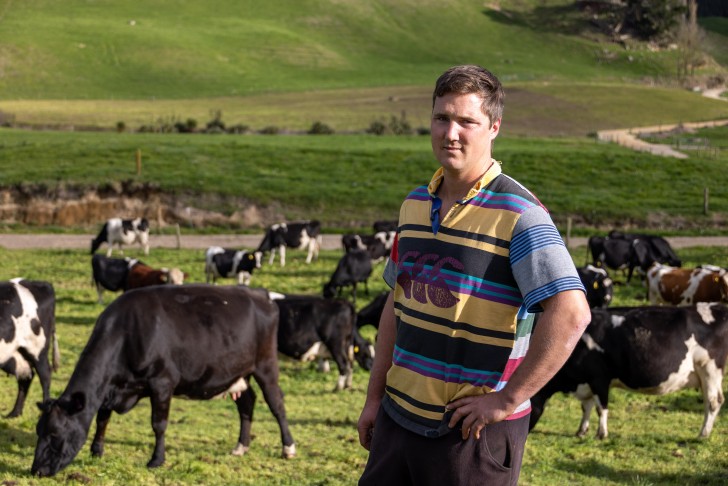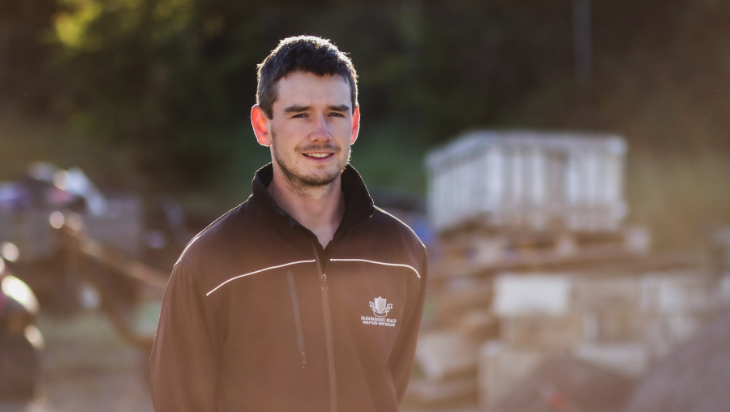Recovery at work a win for people and productivity
In an industry where physically demanding roles are the norm, injuries can disrupt operations and put pressure on teams. But a South Island timber business has found a way to keep injured workers connected to work and reap the benefits.
Westco Lumber, a timber sawmill and distributor employing around 90 staff across Ruatapu and Christchurch, wanted to improve how it supported injured employees.
“When people injured themselves, they’d be put off work and we wouldn’t see or hear from them for several weeks,” says Ebony Hillman, Westco Lumber’s health and safety team leader.
“We could hear the stress this was causing. People were saying they felt isolated and anxious about their job. We knew we could do better.”
Keeping injured workers connected to their workplace — through modified duties or regular communication — can make a big difference.
It helps people feel supported, maintain their sense of purpose and stay engaged with their team. For businesses, it means retaining skilled staff and reducing disruption.
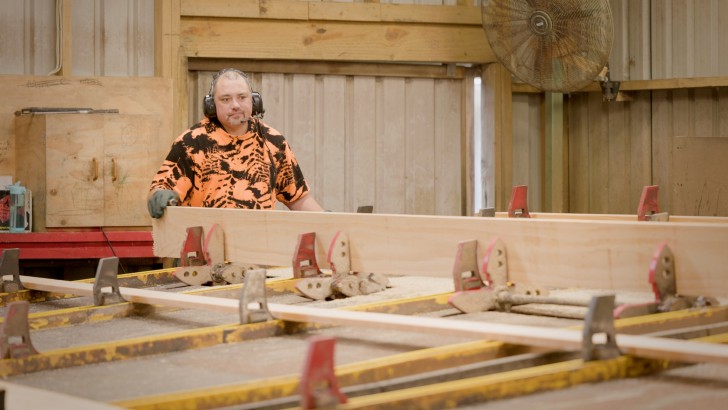
Taking action through ACC trial
Westco Lumber joined an ACC recovery at work trial to see what difference this could make.
The trial involved team leaders, senior management and employees working together to review processes, develop resources and track progress.
One of the most practical changes was introducing checklists for team leaders.
“Every injury and every situation are different,” Ebony says.
“Having a basic step-by-step list means you always get the information you need. Regardless of whether someone is injured at work or at home, the same steps apply.”
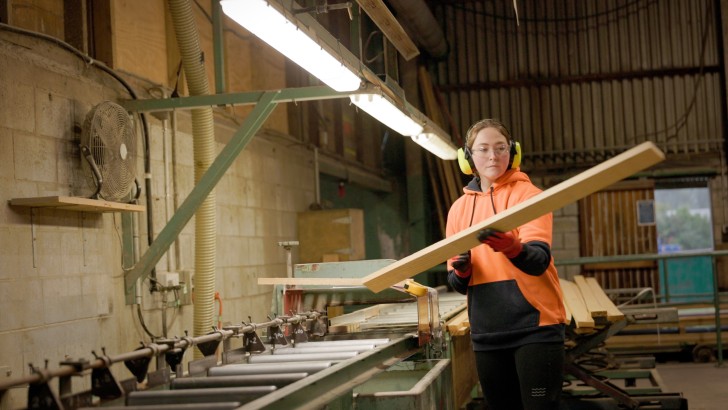
Communication and connection the key
Improved communication was another key learning.
“Sometimes people feel anxious because they think they’re letting everyone down,” Ebony explains.
“Regular check-ins help them feel included and valued. Continuous reassurance is hugely important.”
Westco Lumber also strengthened relationships with local health providers, including doctors, physiotherapists and occupational therapists.
“Better communication with health providers means that if recovery isn’t going to plan, we can act early and find alternative strategies,” Ebony says.
“They understand what we do, and we’re on the same page about modified duties.”
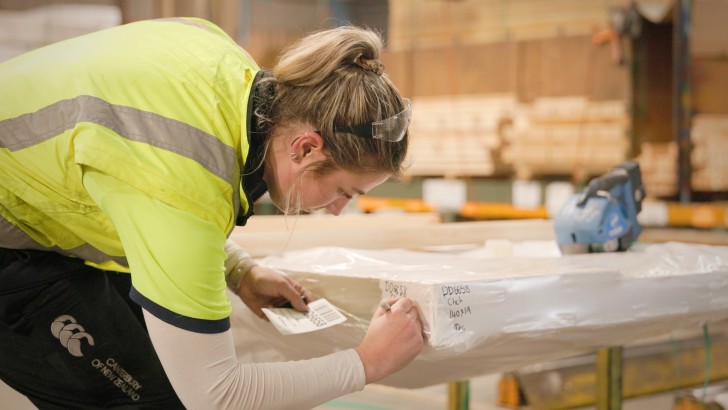
Thinking outside the square
Identifying suitable duties for injured workers was a challenge at first.
Over time, Westco Lumber expanded its list of modified duties from four to eighteen options, all approved by an occupational therapist.
“It’s not one size fits all – you have to think creatively,” Ebony says.
“Look beyond the person’s main role and see what other strengths they have. Break tasks down so others can share the load. That’s what worked for us.”
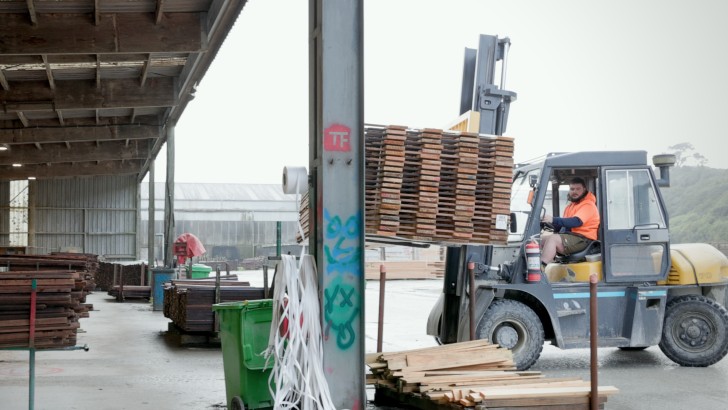
The recovery at work payoff
The results speak for themselves. Westco Lumber is now seeing fewer injury claims, faster returns to work and happier, more engaged employees – which is all better for their bottom line.
“When you’ve got happy people, production is amazing too,” Ebony says.
The company’s efforts have been recognised. They were a finalist for the West Coast Leading Light Business Excellence Awards ‘ACC Employer of the Year’ in 2024, while Ebony won the Canterbury West Coast Forestry Awards’ ‘Outstanding Health and Safety Management Award’.
Mark Ross, Chief Executive of the Wood Processors and Manufacturers Association, says Westco Lumber’s approach is a great example for the industry.
“If you don’t have a key person in a role, productivity slows down. Recovery at work is about retaining expertise and help getting people back to work safely and sooner. Start small, keep it simple and keep it specific.”
For Ebony, the biggest takeaway is the positive impact on people.
“We’re seeing better relationships and happier people. Improving work life flows into home life and the community. That’s a big driver for us.”
Want to make recovery at work easier in your business?
Learn more about the supports available. Explore ACC’s practical tools and templates on our website.




